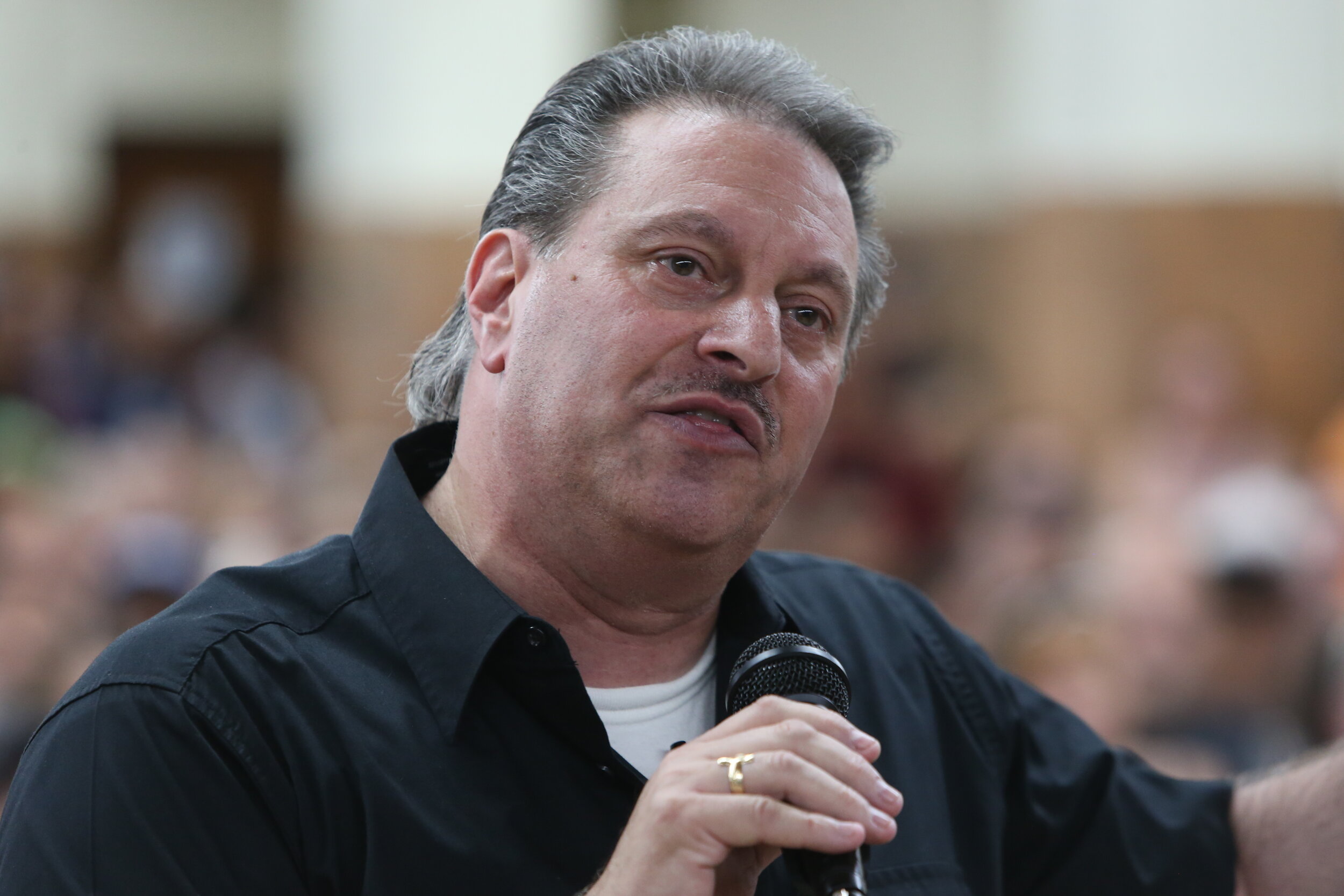MarijuaNO: Here's why Queens lawmakers opposed legal weed
/State Sen. Joseph Addabbo Jr. opposed legal marijuana. Eagle file photo by Andy Katz
By David Brand
New York lawmakers have lifted the state’s pot prohibition, but the historic measure to make marijuana legal lacked universal support in the Queens delegation.
Four of the borough’s 25 state legislators, all Democrats, voted against the Marijuana Regulation and Taxation Act, which passed 100-49 in the assembly and 40-23 in the senate Tuesday. Gov. Andrew Cuomo signed legal weed into law Wednesday morning.
Cuomo estimates that marijuana sales will generate $350 million in tax revenue for the state each year. The legislation also ends the criminal penalties and lingering consequences of marijuana possession that almost exclusively impact New Yorkers of color. Nearly every person charged with low-level pot possession in New York City over the past three years has been Black or Latino.
But those arguments weren’t enough to sway State Sen. Joseph Addabbo and Assemblymembers Brian Barnwell, Stacey Pheffer Amato and Jenifer Rajkumar. Each voted no.
Only Pheffer Amato and Addabbo discussed their votes for this story. Rajkumar directed questions to her chief of staff who did not provide a response. Barnwell did not answer his phones or respond to messages.
Pheffer Amato said she agreed with the racial justice goals of the legislation and said she had no problem with people smoking weed. She said she voted no because the nearly 7,500-line piece of legislation failed to adequately address penalties for driving under the influence.
“First of all, I think the bill does great work — everything about reversing the war on drugs and legalizing it and making it a business,” she said. “I just think we fell short on changing some of the motor vehicle and traffic safety laws.”
The new measure prohibits driving while high, as does current law, but Pheffer Amato said she heard from parents’ groups who sought stiffer penalties.
“If you want to smoke a joint and walk to the boardwalk and walk back home, that’s great,” she said. “I support all of it, but I just feel like we could have done more.”
She said she has received one phone call from a constituent saying they were surprised by her no vote. Leading up to the vote Tuesday, advocates on both sides of the issue stepped up their phone and letter-writing campaigns to try to persuade her to support or oppose the bill, she said.
“I think I made the right vote,” she said.
Addabbo’s serpentine senate district stretches from the western tip of the Rockaway peninsula through southern Queens and into Middle Village and Glendale. The district overlaps with the neighborhoods represented by all three no-vote assemblymembers. Constituents skew whiter and more conservative than elsewhere in the borough, and the legislation was opposed by religious organizations, like the Catholic church, and law enforcement groups.
Addabbo said he supports legalizing marijuana “in theory” but said he opposes home growth and thinks the bill did too little to penalize driving while impaired.
“There were issues in there that I couldn’t embrace,” he said. “I don’t think it’s the right time to legalize marijuana.”
He said he thought the state should have waited until there was better technology to assess whether a person was driving high, and said the new laws will challenge police and prosecutors.
“Those instances where it’s not legal still have to be enforced. And that’s the additional burden on the police department,” Addabbo said. “There are nuances that the NYPD are going to have to worry.”
Addabbo said he has never personally used weed.
Barnwell’s former chief of staff, Steven Raga, said Barnwell was probably fielding a range of opinions from constituents in a district that includes Middle Village as well as a piece of Astoria — communities with different ideologies.
“The constituency is really split. Astoria is not like it is in Middle Village,” Raga said. “I’m sure he’s been taking calls and hearing from constituents.”
Raga, a candidate for city council, declined to say whether his old boss made the right decision.
The vote to legalize marijuana was the culmination of a decades-long campaign by activists, justice reformers and a growing number of lawmakers seeking to reverse the racist impact of the hardline war on drugs.
Jawanza Williams, the director of organizing at VOCAL-NY, said the four lawmakers’ votes do not reflect the will of Queens constituents.
“Queens is one of the most diverse places on the planet and voting no is a vast departure from the values and mandates of their constituents,” Williams said as he traveled to Albany for a rally.
“This wasn’t just about legalization. This was about responding to structural racism, classism, and the ramifications of being a criminalized people,” he added. “It won’t age well for them. Their legacies are threatened.”




